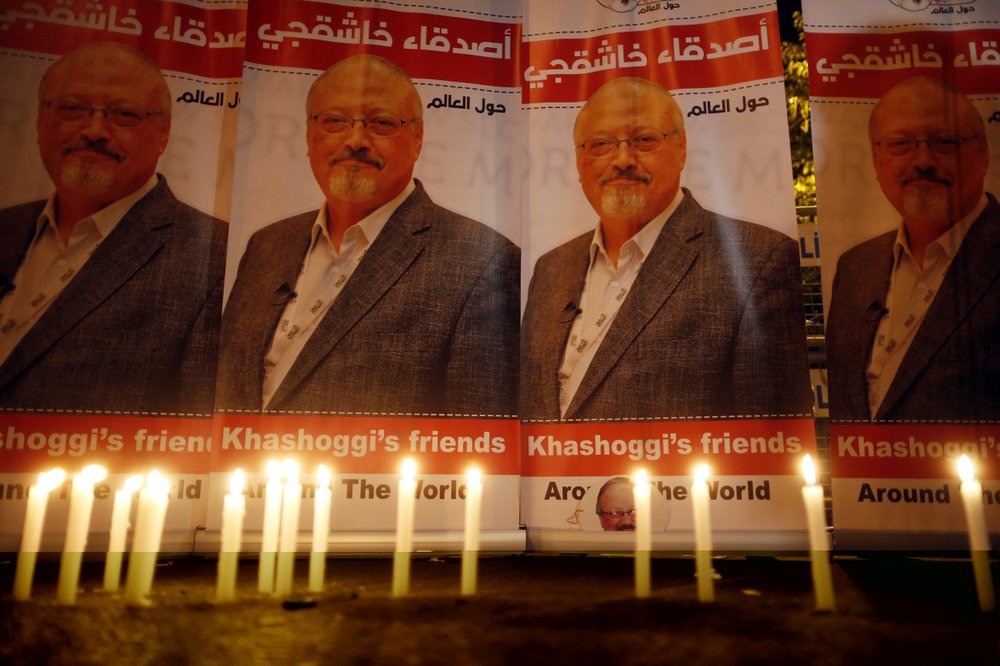
DUBAI (Reuters) — Saudi Arabia has detained at least eight people, mostly intellectuals and writers, two sources including London-based Saudi rights group ALQST said, amid a two-year crackdown on free expression in the kingdom.
They were taken from their homes in the capital Riyadh and the Red Sea port city of Jeddah last week by plainclothes police but the reason was unclear, said one of the sources.
The Saudi government communications office did not immediately respond to a request for comment.
Riyadh denies having political prisoners, but senior officials have said monitoring of activists, and potentially detaining them, is needed to maintain social stability.
Those detained are not frontline activists, the sources said. Some are intellectuals who have published articles or appeared on television while others are entrepreneurs.
As Riyadh takes over the presidency of the Group of 20 countries, it is struggling to overcome intense international criticism over its human rights record, including last year’s killing of journalist Jamal Khashoggi, the arrest of women’s rights activists and the devastating Yemen war.
Even as Crown Prince Mohammed bin Salman touted economic and social openness in the traditionally closed-off country, the authorities rounded up critics, an effort that gathered pace in Sept. 2017 with the arrests of prominent Islamist clerics, some of whom could now face the death penalty.
An anti-corruption campaign two months later netted top businessmen and senior officials. It was criticized as a power play and shakedown of the crown prince’s potential political rivals.
In mid-2018, more than a dozen women’s rights activists were arrested just as Riyadh lifted a ban on women driving cars. Local media tarred them as traitors, and a court has charged some of them with crimes including contacts with foreign journalists.
This April, eight people, including two U.S. citizens, who had supported the detained women were also arrested.
Public protests, political parties and labor unions are banned in Saudi Arabia, where the media are controlled and criticism of the royal family can lead to prison.
Reporting by Gulf newsroom, Editing by William Maclean
Image: In this Oct. 25, 2018, file photo, candles lit by activists protesting the killing of Saudi journalist Jamal Khashoggi are placed outside Saudi Arabia’s Consulate in Istanbul (AP Photo/Lefteris Pitarakis, File)




